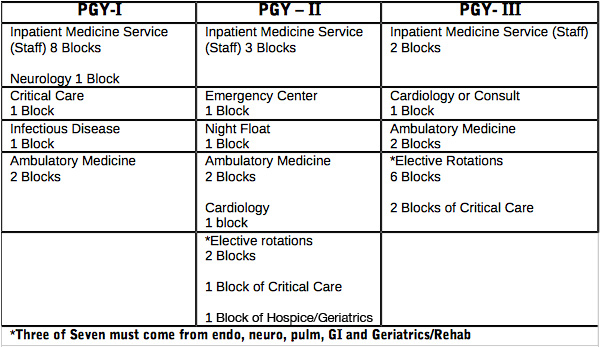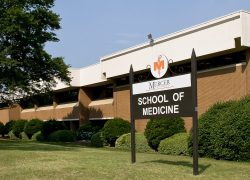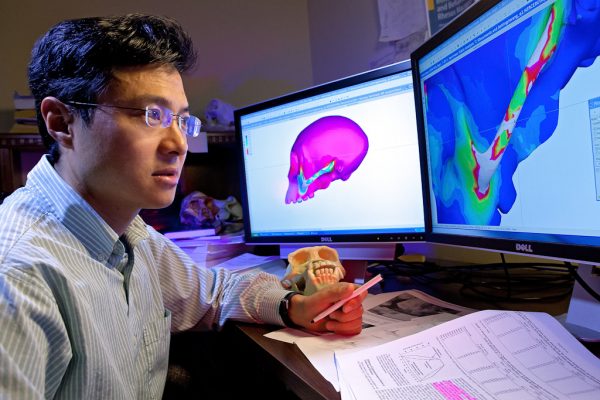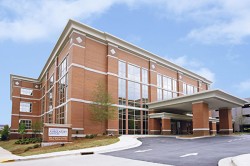Curriculum
The Department of Internal Medicine at The Medical Center Navicent Health takes resident education very seriously. After all, what you learn during your residency is what you take with you to your practice. We are proud of our graduates and strive to enable them to be the best they can be. The faculty works closely with residents and medical students to make their training a positive experience. The Internal Medicine residency is the primary focus of the faculty.
Educational conferences are scheduled throughout the year on a on-going basis. These include:
- daily morning report and patient management rounds;
- monthly morbidity and mortality conferences;
- thrice weekly core curriculum conferences; (CXR & EKG conferences are held periodically)
- monthly journal club meetings;
- weekly board review,
- monthly tumor board conferences.
Involvement in a university teaching program located in a community hospital provides a wide variety of learning experiences. There are few fellowships allowing resident physicians to gain consultative experience and perform numerous procedures often performed only by fellows at other institutions. The ancillary services available at The Medical Center Navicent Health allow residents to concentrate on patient care without worrying about drawing blood, starting intravenous lines or taking patients to the x-ray department.
In addition, the Internal Medicine Department and Mercer University School of Medicine provide research opportunities for residents. The faculty members have many on-going projects and are always willing to provide research guidance. As a result, residents from the Internal Medicine program have been accepted to prestigious fellowship programs including dermatology, endocrinology, nephrology, cardiology, gastroenterology, neurology, rheumatology and pulmonology/critical care.
During the first year, each resident physician is involved in seven blocks of primary inpatient care, one block of infectious disease, one bock of critical care, two blocks of ambulatory medicine and one block of neurology. The ambulatory medicine months allow the first year resident to experience different subspecialty clinics and to work-up new patients in an "outpatient" setting. The resident also spends one afternoon each week in their own continuity care clinic. Generally, this amounts to 5 days off per block for interns on ward services, and 8 days off on non-ward blocks.
Second-year residents are involved in three blocks of primary inpatient care, two blocks of ambulatory medicine, one block of emergency medicine, one block of cardiology, one block of critical care, one block Hospice/Palliative Care/Geriatrics and three blocks of electives. One half day is spent in their continuity of care clinic, and they participate in one subspecialty clinic per week. There is a night float system in place. Many elective rotations consisting of inpatient, outpatient and away experiences are available.
Third year residents have ample opportunity to devote time to areas of interest. They are responsible for ward teams about two blocks out of a year, two blocks of critical care leaving several elective blocks.
There are 13 four-week long block rotations in each resident year. The following is a listing of the rotations each year:

It should be noted during the six ambulatory medicine months, residents may spend time in specialty clinics of their choosing. It can also be arranged to have residents spend time in private attending offices if advance notice is given.




